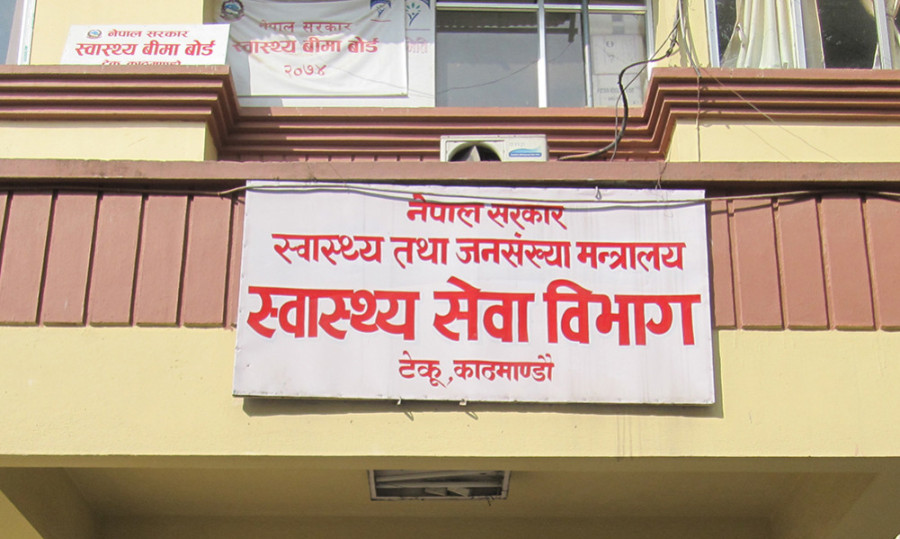Health
Nepal health facilities run out of birth control shot Depo-Provera
Experts warn of a rise in unintended pregnancies and unsafe abortions. New procurement will take 3 months.
Arjun Poudel
Health facilities across Nepal are out of stock of Depo-Provera, a birth control shot for women, as the government failed to purchase them on time.
The shortage of popular contraceptive injection could persist for months, as the procurement process has just started, officials say.
“We have restarted the process of procuring the medication,” said Dr Pawan Jung Rayamajhi, director of the Management Division of the Department of Health Services. “Efforts to purchase the shots on time were unsuccessful due to price issues.”
Officials admit that the lack of the widely used contraceptive could lead to an increase in unwanted pregnancies that ultimately result in unsafe abortions and jeopardise the lives of thousands of women.
“We don’t have Depo-Provera in our central stores and have been unable to supply it in provincial stores for months,” said Amrita Pahadi, an official at the Family Welfare Division. “A few months ago, we also faced a shortage of [birth control] implants, which was addressed through supplies from the United Nations Population Fund.”
In Nepal, nearly half of all pregnancies are unintended, and close to two thirds of them end in abortion, according to a report by the UNFPA.
The UNFPA’s “State of World Population 2022” report, titled “Seeing the Unseen”, says half of the 1.2 million pregnancies in 2017 in Nepal were unintended, and nearly 359,000 ended in abortion.
“Unintended pregnancy is a reality for millions each year, accounting for nearly half of all pregnancies,” reads the UNFPA’s report. “Sixty percent of these unintended pregnancies will end in abortion.”
The report stated that the toll of unintended pregnancies is—and has long been—unseen.
“Although we can estimate health-care costs, monitor school dropout rates and project levels of workforce attrition due to unintended pregnancies, these only scratch the surface. No number could adequately represent the loss of life, agency and human capital that result from unintended pregnancies,” the report says.
Unintended pregnancy is often, tragically, linked to violence. The report shows how unintended pregnancies result in additional social and fiscal burdens, including greater demand for healthcare, unsafe abortion, loss of income and productivity, fewer resources for children in a family, and more fraught and unstable family relationships. Experts say that family planning services are directly linked to women's empowerment and the country's economic growth.
The Ministry of Health and Population provides around 200,000 shots free of charge through health facilities every year. Apart from this, UN agencies and other organisations provide contraceptives worth millions of rupees every year.
Doctors say the medications stop the ovaries from releasing eggs, which prevents ovulation. The contraception also thickens mucus in the lower end of the uterus called the cervix, which keeps sperm from reaching the egg.
Officials say that the shortage of family planning instruments—condoms, pills, implants, and emergency pills—could worsen as the government has lowered the ceiling for health budget, and aid agencies have also reduced their support. A further shortage of these items will lead to a rise in unwanted pregnancies, unsafe abortions, and maternal and neonatal deaths.
Every year, around 100,000 women undergo abortions in Nepal at legally authorised clinics and health facilities. Gynaecologists, however, say the actual number of abortions could be several times more than the government figure, as many abortions, especially medical ones, go unreported.




 20.06°C Kathmandu
20.06°C Kathmandu















